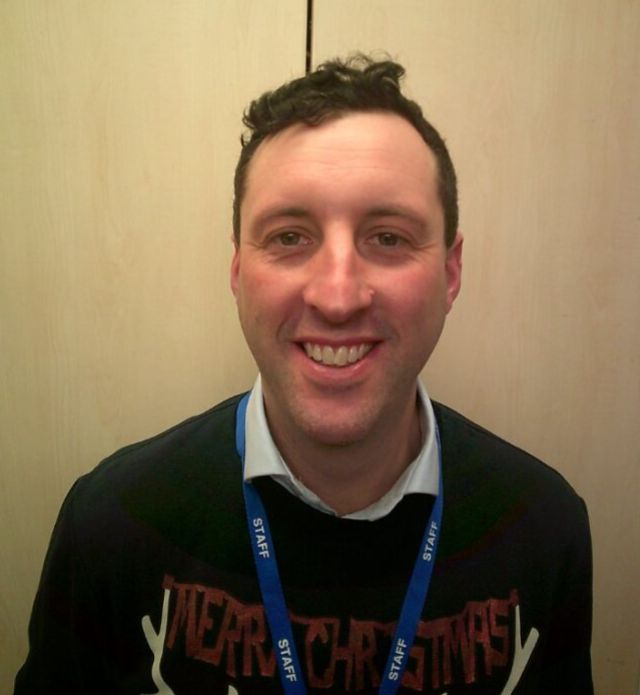- Home
- School Life
- Subjects
- Early Years Foundation Stage (EYFS)
Early Years Foundation Stage (EYFS)
Overarching principles of the Early Years Foundation Stage
Four guiding principles shape our practice (taken from the Early Years Foundation Stage framework).
These are:
• every child is a unique child, who is constantly learning and can be resilient, capable, confident and self-assured
• children learn to be strong and independent through positive relationships
• children learn and develop well in enabling environments with teaching and support from adults, who respond to their individual interests and needs and help them to build their learning over time. Children benefit from a strong partnership between practitioners and parents and/or carers.
• importance of learning and development. Children develop and learn at different rates.
The areas of learning and development
There are seven areas of learning and development that must shape educational programmes in early years settings. All areas of learning and development are important and inter-connected. Three areas are particularly important for building a foundation for igniting children’s curiosity and enthusiasm for learning, forming relationships and thriving.
These are the prime areas:
• communication and language
• physical development
• personal, social and emotional development
Providers must also support children in four specific areas, through which the three prime areas are strengthened and applied.
The specific areas are:
• literacy
• mathematics
• understanding the world
• expressive arts and design
Development Matters
At Upton St James, we choose to draw upon the non-statutory Development Matters document to underpin our curriculum. To see this document, please click on the attached link: Development Matters - Non-statutory curriculum guidance for the early years foundation stage (publishing.service.gov.uk)
Our Early Years Lead is:
Mr Rob Carr

Intent
At Upton St James (USJ), we want our Reception children to be independent, resilient, and self-motivated learners who strive to ‘rise to their best’ and who are well prepared for the challenges of KS1. We know that children learn best when engaged and motivated and therefore we aim to provide an exciting and aspirational curriculum, linked to children’s interests and a stimulating learning environment where children are able to demonstrate their knowledge, work collaboratively, think critically and take risks with their learning.
We want our children to leave Reception as well-rounded individuals, able to persevere in the face of challenge, regulate their emotions appropriately and who embody the school value of ‘loving your neighbour as yourself’ (Mark 12 v30-31).
Implementation
Our curriculum follows the Early Years Statutory Framework for the Early years Foundation Stage and is informed by Development Matters (DfE, 2023).
Children in the EYFS learn by playing and exploring, being active and thinking critically and creatively and this takes place both indoors and in our outdoor areas. We provide a balance of adult-led, subject specific teaching, and adult directed and child-initiated learning. Subject specific learning is planned to broaden children’s knowledge and provide new experiences whilst building on their existing learning.
Our learning environment is designed to promote independence, perseverance and collaboration through a mix of self-selected, open-ended resources and planned weekly learning challenges.
For those children who are finding learning challenging and are not on track to meet expectations at the end of the year, we provide effective and focused intervention which aims to enable to them to catch up quickly with their peers.
We use Class Dojo to record evidence of learning and communicate with parents
Phonics and early reading are taught using Read Write Inc.
Impact
We measure progress and children’s learning across the year through formative and summative assessments which are based on the teacher’s knowledge of the child, the class floor book, children’s individual learning and photographs and videos on recorded on Seesaw.
Ongoing observations are used to inform weekly planning and identify children’s next steps. Adults draw on their knowledge of the child and their own expert professional judgements, through discussions with other practitioners, photographs and physical examples such as a child’s drawing/making.
The impact for children will be that they:
-
Experience a broad and balanced Early Years curriculum that prepares them to move successfully to KS1.
-
Are independent and enthusiastic learners.
-
Take pride in all that they do, always striving to do their best.
-
Demonstrate emotional resilience and the ability to persevere when they encounter challenge.
-
Will be able to communicate effectively and will listen respectfully and with tolerance to the views of others.
-
Be kind, respectful and honest, demonstrate inclusive attitudes and have a sense of their role in our wider society.
| Subject Documents |
|---|
| EYFS Curriculum Year Planner 2023 2024 |